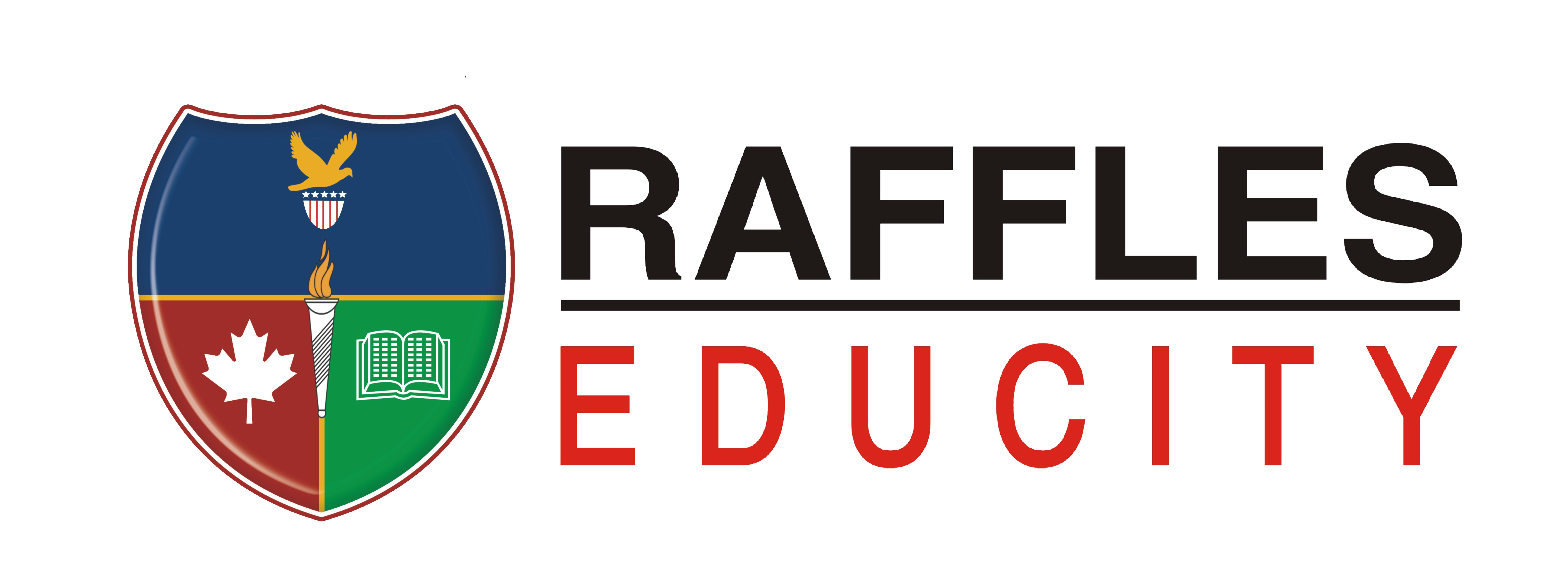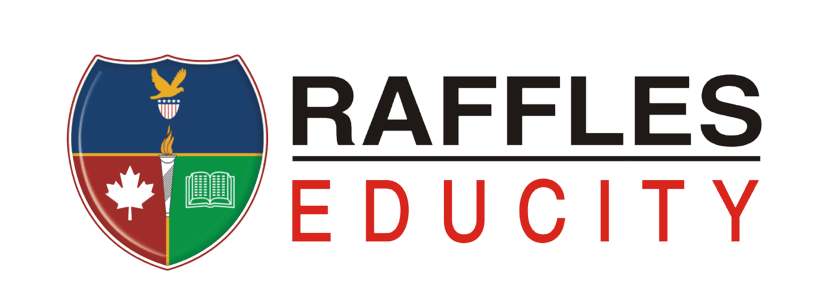Gateway to Prosperity: Navigating Canada’s Business Visa Requirements with Confidence
A Comprehensive Guide
Route 1
Canada’s Immigration Programs
Canada’s different immigration programs cater to a wide range of objectives and situations.
Express Entry is a flagship program that prioritizes competent individuals based on some
qualities such as;
♦️ Education
♦️Work experience, and ♦️Language fluency.
Provincial Nominee Programmes (PNPs) allow provinces to propose candidates who are best
suited to their needs, increasing flexibility in the immigration environment.
Canada’s diverse immigration programs cater to various aspirations and circumstances.
The Express Entry system serves as a flagship program, prioritizing skilled workers
based on factors like education, work experience, and language proficiency. Provincial
Nominee Programs (PNPs) empower provinces to nominate candidates suited to their
specific needs, adding flexibility to the immigration landscape.
Role of investment in expediting the PR process
Investment is crucial for expediting the Permanent Residency process in Canada, with the
Quebec Immigrant Investor Programme and other investor paths promoting economic growth
and job creation, benefiting both newcomers and Canadians.
Route 2
Quebec Immigrant Investor Program (QIIP)
The Quebec Immigrant Investor Programme (QIIP) allows persons to gain Canadian
Permanent Residency by investing. Applicants normally need a net worth of at least CAD 2
million, with a CAD 1.2 million investment in a recommended government-backed fund during
a five-year period to qualify. Applicants must also have managerial experience and desire to
relocate to Quebec.
● Benefits and drawbacks of choosing QIIP
Selecting QIIP has several advantages over other immigration paths, such as;
📌A relatively simple application process, the chance to live in a dynamic and culturally
diverse province like Quebec,
📌 The possibility of obtaining Canadian citizenship in the future.
There are also some disadvantages of selecting QIIP among one of the 12 Investment Routes
for Canada Permanent Residency. such as;
📌The large investment level and the need to live in Quebec, can restrict options for
people thinking about moving to another province.
Route 3
Start-up Visa Program
In Canada, the Start-up Visa Programme offers entrepreneurs a flexible route to Permanent
Residency. This program promotes the creation of creative companies that can boost the
economy of the nation.
● Investment and Business Requirements
To qualify or to be eligible for the Start-up Visa Programme, the following are the
requirements.
📌A commitment from a recognized Canadian venture capital fund, angel investor
organization, or company incubator.
📌They must exhibit a workable business strategy and fluency in either French or
English.
📌A dedication to running the company actively in Canada.
This initiative makes it easier for creative brains to immigrate to Canada by providing them with
the resources and assistance they need to launch and grow profitable businesses there.
Route 4
Self-Employed Persons Program
Individuals with relevant experience in cultural or sports activities are eligible for the
Self-Employed Persons Programme. This immigration path permits applicants to become
self-employed in Canada and contribute to the country’s cultural or athletic scenes.
● Required Investment in Self-Employment
📌Successful candidates must have a track record of success in their industry as well as
the capacity to work for themselves in Canada.
📌The essential investment in self-employment includes devoting time and effort to their
cultural or athletic activities. This will encourage both personal success and the
expansion of Canada’s cultural landscape through their contributions
Route 5
Provincial Nominee Programs (PNPs) – Investor Streams
Diverse investor streams are drawn to Provincial Nominee Programmes (PNPs) across
Canada by those who are prepared to make sizable financial commitments. To promote
economic growth, the following provinces offer specialized investment streams.
♦️British Columbia,
♦️Ontario, and
♦️Manitoba
● Investment criteria of specific provinces
Provinces customize investment parameters to regional demands, attracting investors
under PNPs that significantly impact economic landscapes and opportunities for
immigrants to launch successful initiatives.
📌British Columbia
Regional Pilot in British Columbia seeks entrepreneurs willing to invest in smaller
areas, thereby promoting local development.
📌Ontario
The Investor Stream in Ontario aims to recruit individuals with a high net worth and
financial experience, with a focus on economic development.
📌Manitoba
The Business Investor Stream in Manitoba prioritizes candidates with business
competence and a desire to invest in the province
Route 6
Atlantic Immigration Pilot (AIP) – Investor Component
An Investor Component of the Atlantic Immigration Pilot (AIP) aims to draw business-savvy
people to Canada’s Atlantic regions. This creative immigration policy seeks to support both
economic growth and the needs of the local labor market.
● Investment and business requirements for the AIP.
To be eligible for the AIP’s Investor Component applicants must obtain a specified
endorsement from one of the participating provinces;
♦️New Brunswick, ♦️Newfoundland and Labrador, ♦️Nova Scotia, or
♦️Prince Edward Island
The goal of the investment and business requirements is to generate economic possibilities.
Applicants must actively manage and invest in a business that boosts the local economy and
advances the growth and prosperity of the areas.
Route 7
Rural and Northern Immigration Pilot (RNIP)
The Rural and Northern Immigration Pilot (RNIP) is a Canadian immigration program that
aims to meet labor-market shortages in rural areas. It connects qualified workers with local firms
to provide a pathway for permanent residence in Canada. Applicants must have a qualifying job
offer and meet the community’s requirements. Starting or acquiring a business is one
investment opportunity.
● Benefits of choosing Rural or Northern communities
Choosing rural or northern towns through RNIP offers advantages such as;
📌 Lower living costs,
📌 Improved community integration, and
📌 The opportunity to contribute to local development,
📌Building a sense of belonging and stability for immigrants and their families.
Route 8
Express Entry – Federal Skilled Worker Program
One important route for immigrants pursuing investment-based Permanent Residency
(PR) in Canada is through Express Entry’s Federal Skilled Worker Programme. Skilled
workers with financial means can indirectly invest through qualifying employment, even though
it’s not a formal investment program.
● Specific investment and eligibility criteria
Following are all requirements for eligibility
📌Meeting language proficiency requirements,
📌 having the necessary education,
📌having job experience, and
📌having adaptability
Even though this is not a direct investment path, however, it can create a pathway to permanent
residence in Canada through skilled employment and boost the prosperity of the country
📌Candidates with excellent human capital are valued by the program, which promotes
economic progress.
📌Successful applicants can use their resources and abilities to integrate into the
Canadian economy,
Route 9
Canadian Experience Class (CEC) – Investment Pathways
Individuals with Canadian work experience can invest indirectly through the Canadian
Experience Class (CEC). This is an indirect investment option within the CEC that is consistent
with Canada’s goal of attracting and maintaining qualified persons who can contribute to the
economy while also effortlessly integrating into the Canadian workforce.
● How experience in Canada can contribute to the investment
pathway
While not a traditional investment program, persons having a past working experience in
Canada can use their knowledge to help the economy.
📌Skilled professionals may be able to invest in enterprises, startups, or even
start their ventures.
📌The familiarity gained from working in Canada improves adaptability, making
immigrants well-suited for entrepreneurship.
Route 10
Family Sponsorship with Investment
While financial investments are not normally required for Canadian family sponsorship
programs, family ties can nonetheless be exploited for Permanent Residency (PR) through
indirect investment. Sponsoring family members with entrepreneurial goals, for example,
permits them to explore business and investment opportunities in Canada.
● How to use investment to use family relationships as a PR tool
Canada’s strategy aligns with its goal of promoting family reunification and economic
contributions. Moreover, it helps in fostering mutually beneficial outcomes for immigrants
and their sponsoring families.
📌The support and involvement of the sponsored family members can help
certain enterprises succeed.
📌Furthermore, family members who have the means to invest in firms or
contribute to local economies might indirectly help their PR efforts.
Route 11
LMIA-based work permit
Applicants for Canadian immigration may use a work permit based on the LMIA. This route of
permanent residence in Canada does not need any investment requirement. Applicants can
serve as managing posts in any Canadian corporation or can start their firm. After completing 2
years in Canada these immigrants are eligible to apply for permanent residence in Canada
Route 12
C11 Entrepreneur Stream
C11 Entrepreneur Stream which is commonly known as the C11 work permit is a successful
federal immigration plan.
This stream is ideal for people who want to invest in any existing firm in Canada. Fortunately,
there is not any special investment required for applying to C11.
Applicants can apply for permanent residency in Canada after running their business for a
whole year.

